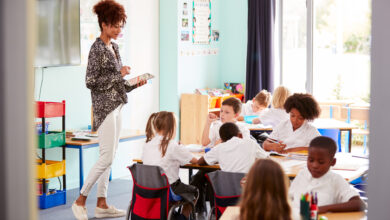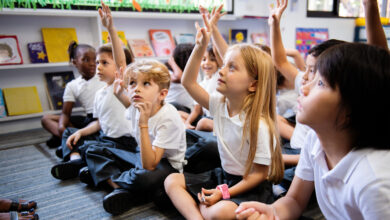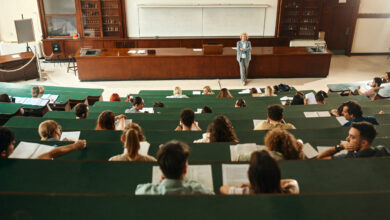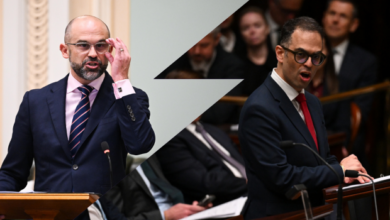FundingPolicy & ReformTop Stories
What’s in the SA budget for education?

A total of $256.3m will has been allocated to education by the South Australian state government in the 2024-25 budget, along with a new 20-year framework that will change how schools receive infrastructure spending.
Please login below to view content or subscribe now.




